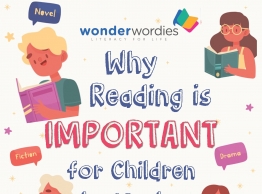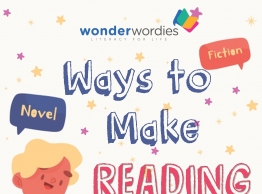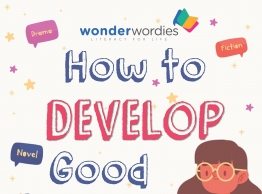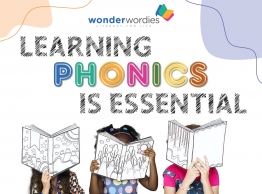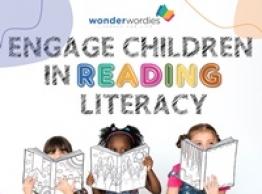
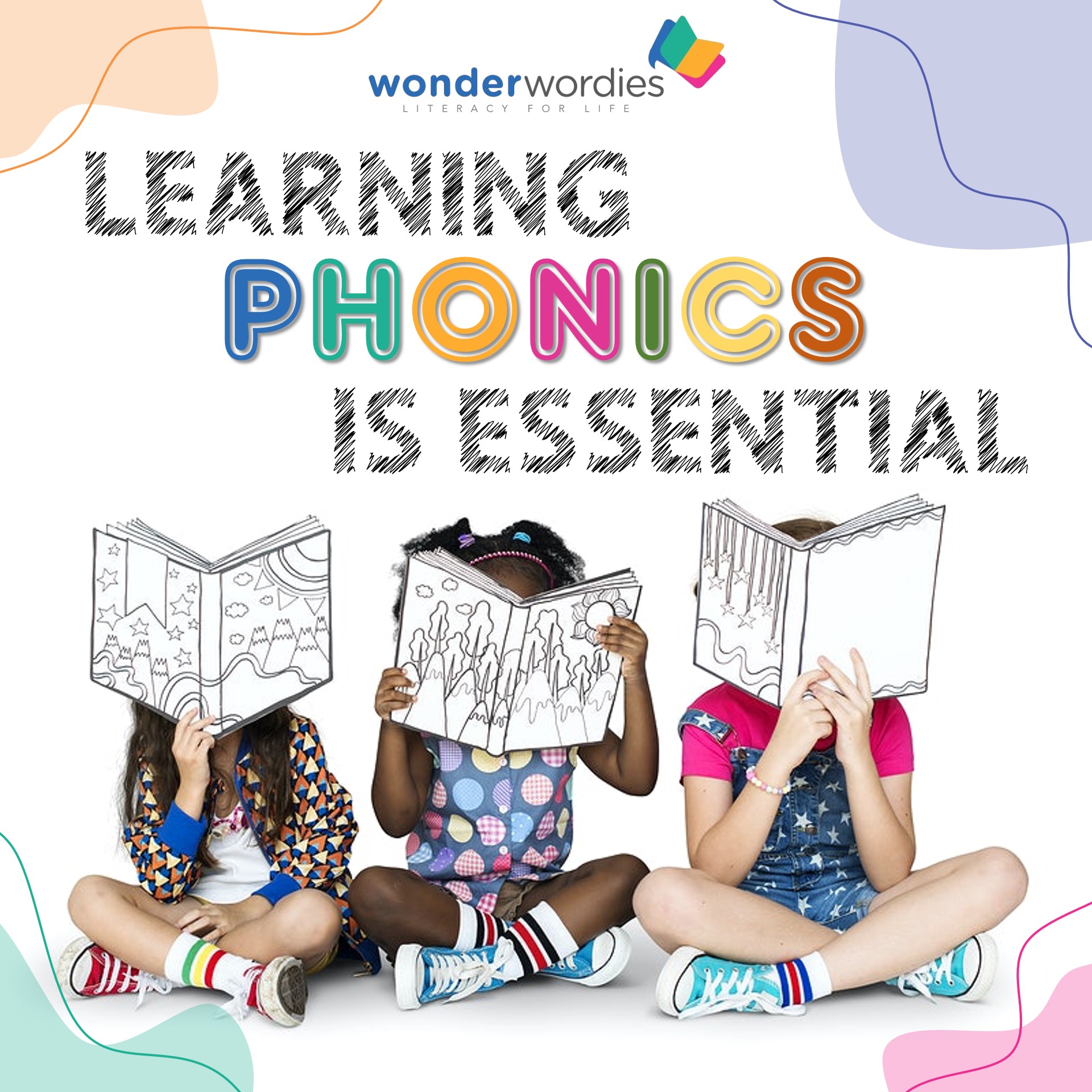
Learning Phonics is Essential
What is phonics?
Phonics – teaching children the sounds made by a specific individual letter or letter groups and teaching young children how to merge or blend separate sounds together to make words (for example, blending the sounds k, a, r makes CAR).
This type of phonics teaching is often referred to as “synthetic phonics”.
Explicit – children are directly taught the specific associations between letters and their sounds, rather than gaining this knowledge indirectly.
Systematic – English has a very complicated and archaic spelling system. It is important to teach letter sound mappings in an organized and systematic way, beginning with simple letter sound rules and then moving onto more complex associations.
Why is it important?
Phonics instruction teaches learners how to decode letters into their specific sounds, this is essential for them to read unfamiliar words by themselves.
Remember that most written words are in fact unfamiliar to early readers, even if they have spoken knowledge of it. Having letter-sound knowledge will allow them to make the connection between the written word and how to pronounce it. Another aspect is that the letter-sound decoding process itself is a process. For example, make a mental note of how you feel when reading the following words:
Selamat Pagi !
When you first read these words, you probably used your letter-sound knowledge, which involved two important processing stages:
1) It helped you produce the correct sound of an unfamiliar print word.
2) It drew your attention to the details and the combination of the letters of the word.
This transition from sounding out a word, to quickly recognising it, is called “learning to read by sight”. Each reader must make this transition to read fluently.
It is true that there are many English words, such as hour and bomb that do not follow typical letter-sound rules. Even then, research has shown that children can still learn these words successfully by decoding some parts of the word with help from spoken vocabulary knowledge to improve the learning process. Phonics is important because this knowledge allows children to read on their own.




